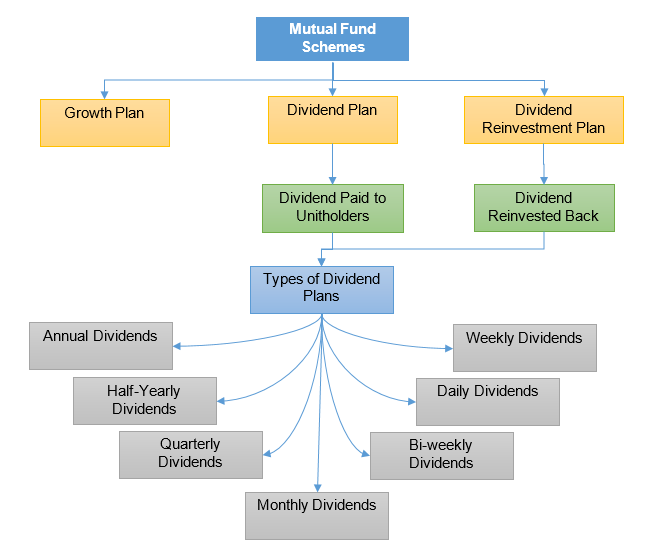Incentive Stock Option (ISO)
What is Incentive Stock Option (ISO)?
An incentive stock option is an employee benefit granted by the company. It gives the employee the chance and the right to buy stock shares at discounted prices with tax benefits on profit. The profit when realised is taxed at Capital gains rate and not higher rate for ordinary Income.

Non-qualified stock options (NSOs) will be taxed as ordinary income. ISO stock is an award for top management and highly-valued employees. ISOs are also called qualified or statutory stock options.
Companies offer ISOs to encourage employees to stick with them long-term and contribute to the growth and betterment of the company. It also helps with the rise in stock price. These stocks can be issued from public-traded companies or private companies with an intention of becoming a public-traded company. These options can be a form of compensation in place of salaries or as a reward for a salary raise. It can also be used to attract talent.
Talk to our investment specialist
Important Points about Options
The company issues or grants options based on a price set, but it is often called the strike price. This price could be the same as the actual price of the stock at a point in time or company. The company can decide a ‘vesting period’ before the stock can be used. The expiration of the vesting period can help the employee purchase the shares at the strike price. The employee can sell the stock for its current value and gain the difference between the strike price and sale price.
Remember that there is no guarantee that the stock price will be higher than the strike price when an employee decides to sell the options. If the price is lower, the employee can choose to hold onto it until expiration with hopes of seeing the price rise. The options usually have an expiration date of 10 years. Note that incentive stock options should be held with the employee for over a year from the date of exercise and two years from granting date.
All efforts have been made to ensure the information provided here is accurate. However, no guarantees are made regarding correctness of data. Please verify with scheme information document before making any investment.












